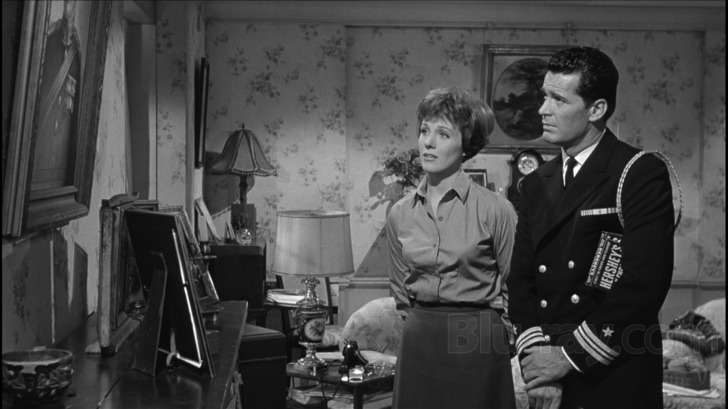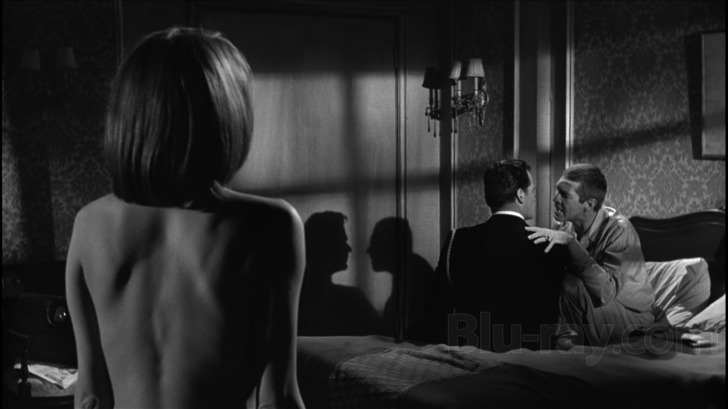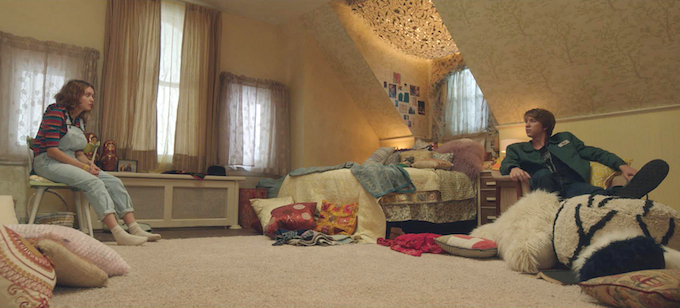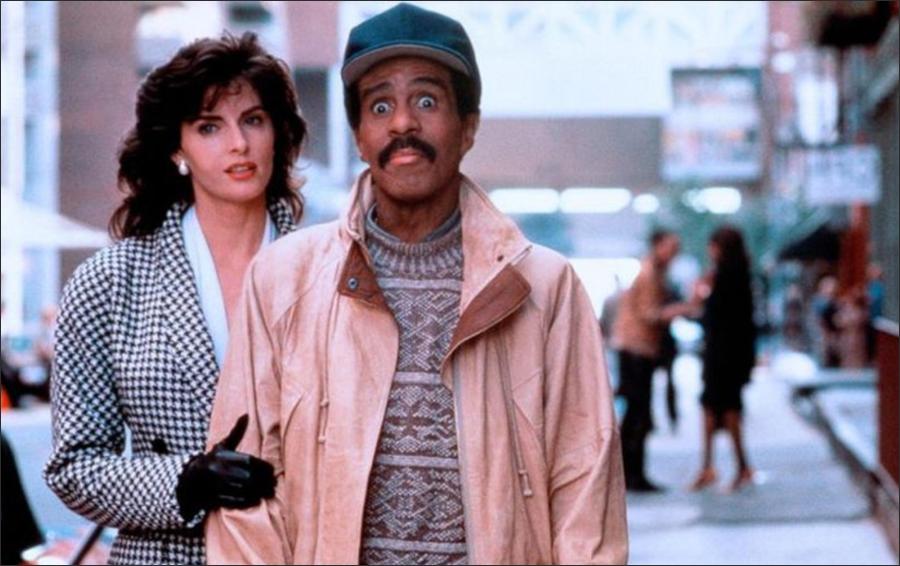The Watch
The creative force behind the hysterically funny Popstar: Never Stop Never Stopping was not nearly as successful with a silly and improbable comedy from 2012 called The Watch that never really finds its footing as the kind of movie it wants to be.

Set in a fictional town called Glenview, Ohio, a security guard at the local Costco is brutally murdered and Evan (Ben Stiller), the Costco manager, decides to form a neighborhood watch so that he can find out what happened to his security guard. Unfortunately, only three guys show up for the first meeting: Bob (Vince Vaughn) is only interested in participating as an excuse to get out of the house; Franklin (Jonah Hill) is a bitter gun nut who was rejected by the local police department and wants some outlet for his tendencies for violence; Jamarcus (Richard Ayoade) is a recent divorcee who thinks being part of the watch will help him get laid. It's not long before the watch discovers that the security guard was murdered by an alien and that there are more.
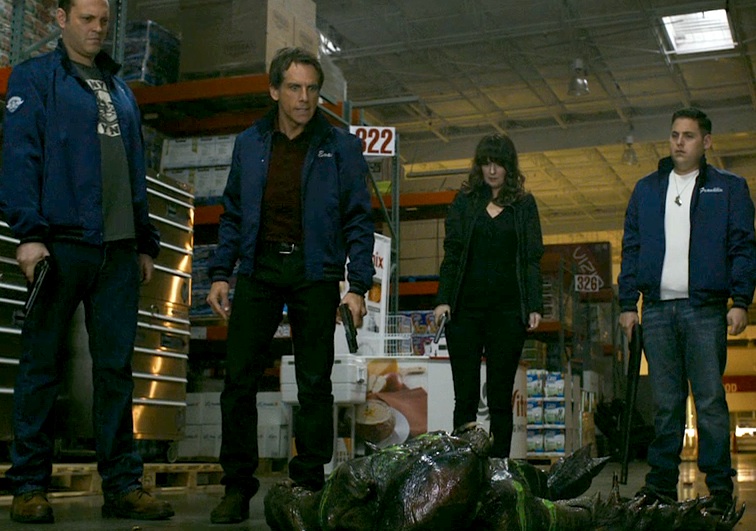
Director Akiva Schaffer is really only one of the culprits here...Seth Rogen and Evan Goldberg, who wrote Superbad also wrote the screenplay for this confusing movie comedy that really doesn't know what it really wants to accomplish. Like a lot of Rogen's work, a reasonable premise is set up here and the idea of neighborhood schnooks forming a neighborhood watch is a premise that has legs, but the legs really were not a science fiction adventure including aliens of varying skills and powers who are not only apparently hiding in the basement of Costco but have found hosts among the citizens of Glenview. And why would aliens planning to take over the world start with Glenview, Ohio?

If this story had been presented as a straight up comedy about a neighborhood watch doing a genuine investigation into the death of this security guard, that might have worked. If the story had been mounted in the form of a Mel Brooks or Zucker Brothers type satire of movies like Alien or Predator, that might have worked too. Unfortunately, Rogen and Goldberg attempt to meld two very different kind of movies together and it never really gels as a singular movie experience. The whole subplot revolving around Evan's fertility just came off as filler to expand the running time and really had nothing to do with the story at hand, such as it was.

Stiller offers another of his uptight everymen who wasn't that much different than a half dozen other characters he's played and Vaughn just grates on the nerve as the guy who never takes what's going on seriously until he has to. Jonah Hill does provide some genuine laughs as the intense Franklin as does Will Forte as an obnoxious cop, but this is really only for hardcore fans of the stars.
The creative force behind the hysterically funny Popstar: Never Stop Never Stopping was not nearly as successful with a silly and improbable comedy from 2012 called The Watch that never really finds its footing as the kind of movie it wants to be.

Set in a fictional town called Glenview, Ohio, a security guard at the local Costco is brutally murdered and Evan (Ben Stiller), the Costco manager, decides to form a neighborhood watch so that he can find out what happened to his security guard. Unfortunately, only three guys show up for the first meeting: Bob (Vince Vaughn) is only interested in participating as an excuse to get out of the house; Franklin (Jonah Hill) is a bitter gun nut who was rejected by the local police department and wants some outlet for his tendencies for violence; Jamarcus (Richard Ayoade) is a recent divorcee who thinks being part of the watch will help him get laid. It's not long before the watch discovers that the security guard was murdered by an alien and that there are more.

Director Akiva Schaffer is really only one of the culprits here...Seth Rogen and Evan Goldberg, who wrote Superbad also wrote the screenplay for this confusing movie comedy that really doesn't know what it really wants to accomplish. Like a lot of Rogen's work, a reasonable premise is set up here and the idea of neighborhood schnooks forming a neighborhood watch is a premise that has legs, but the legs really were not a science fiction adventure including aliens of varying skills and powers who are not only apparently hiding in the basement of Costco but have found hosts among the citizens of Glenview. And why would aliens planning to take over the world start with Glenview, Ohio?

If this story had been presented as a straight up comedy about a neighborhood watch doing a genuine investigation into the death of this security guard, that might have worked. If the story had been mounted in the form of a Mel Brooks or Zucker Brothers type satire of movies like Alien or Predator, that might have worked too. Unfortunately, Rogen and Goldberg attempt to meld two very different kind of movies together and it never really gels as a singular movie experience. The whole subplot revolving around Evan's fertility just came off as filler to expand the running time and really had nothing to do with the story at hand, such as it was.

Stiller offers another of his uptight everymen who wasn't that much different than a half dozen other characters he's played and Vaughn just grates on the nerve as the guy who never takes what's going on seriously until he has to. Jonah Hill does provide some genuine laughs as the intense Franklin as does Will Forte as an obnoxious cop, but this is really only for hardcore fans of the stars.
Last edited by Gideon58; 08-03-20 at 06:48 PM.


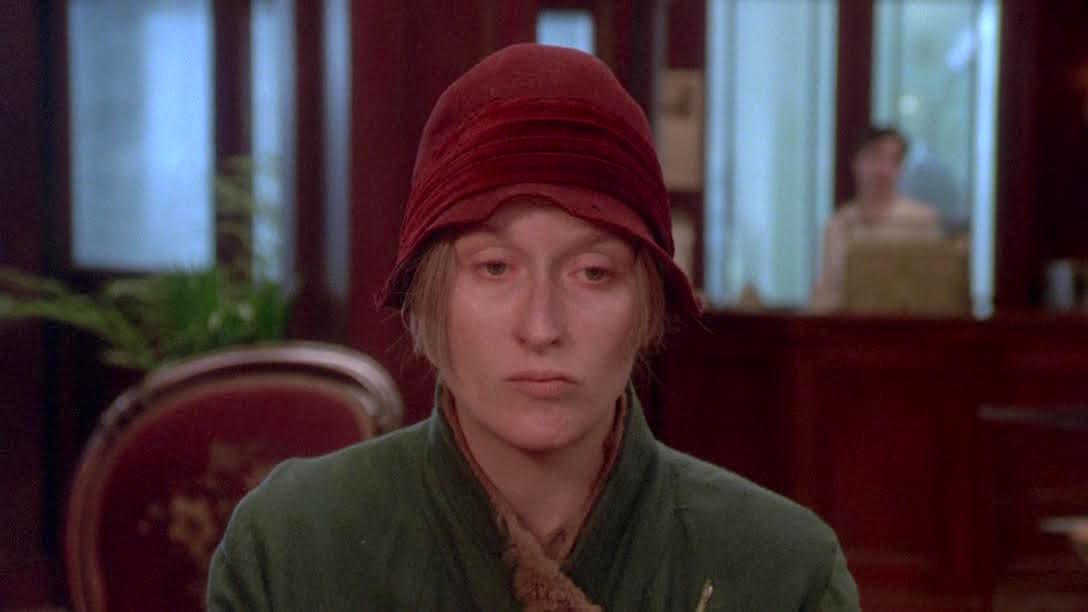
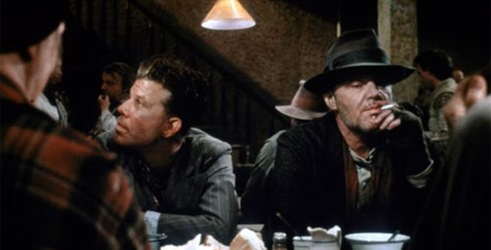

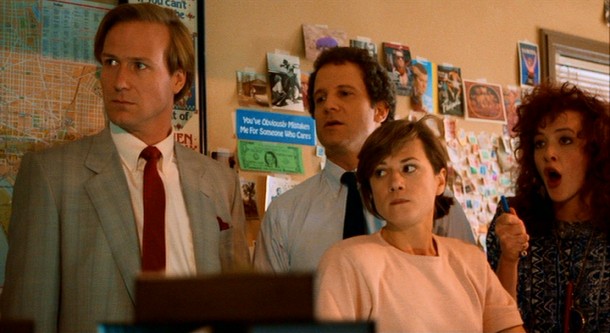

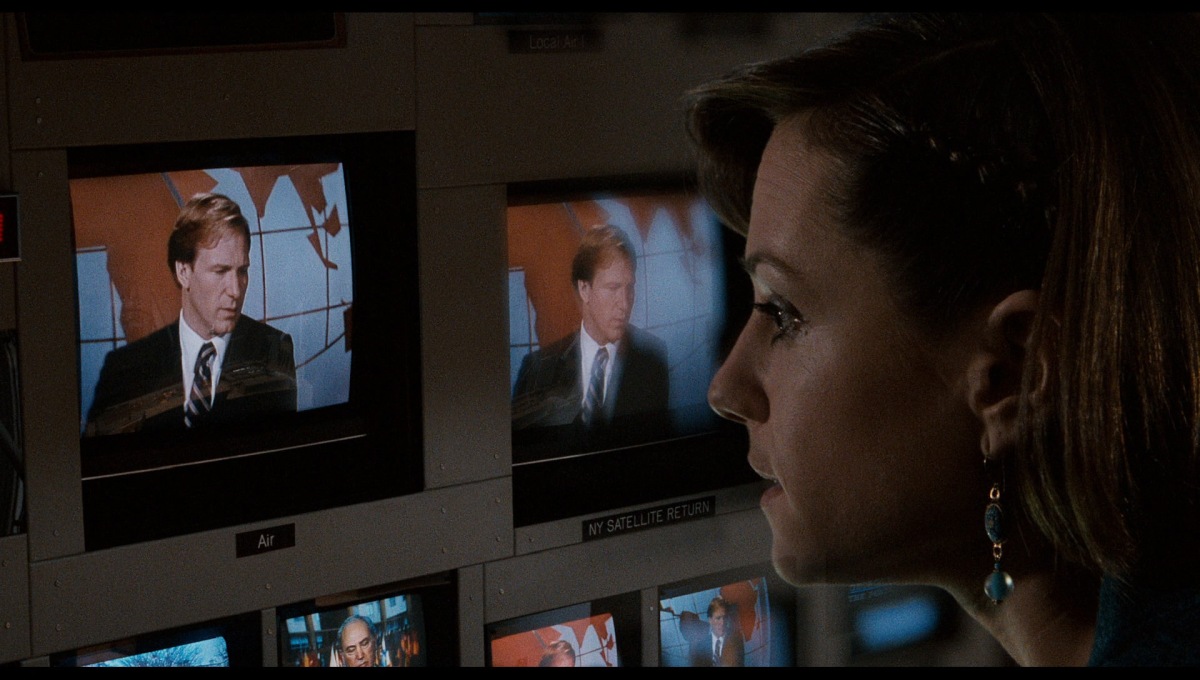
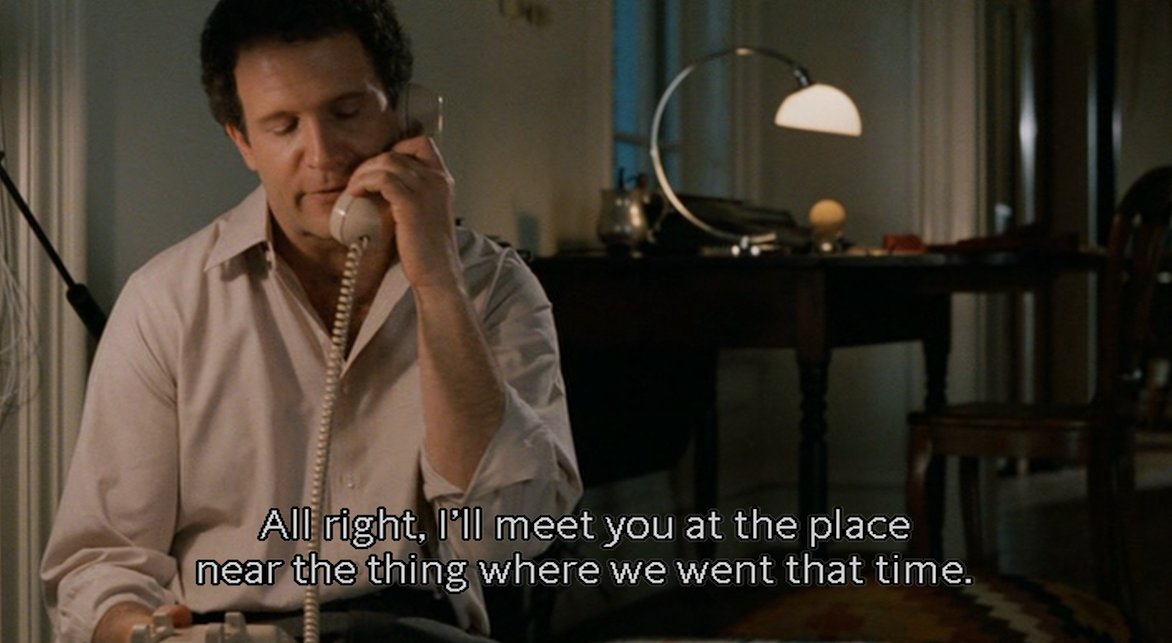






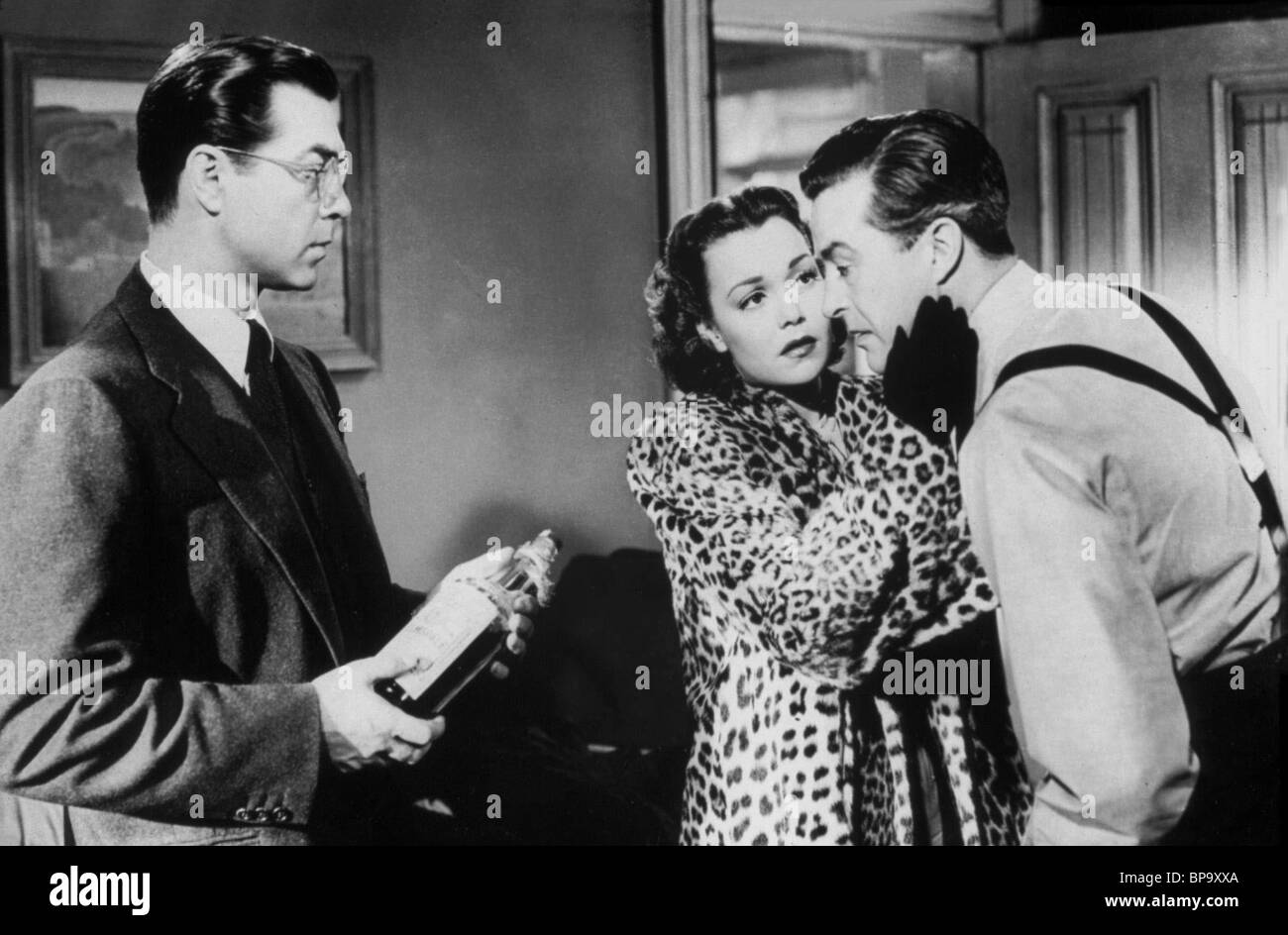
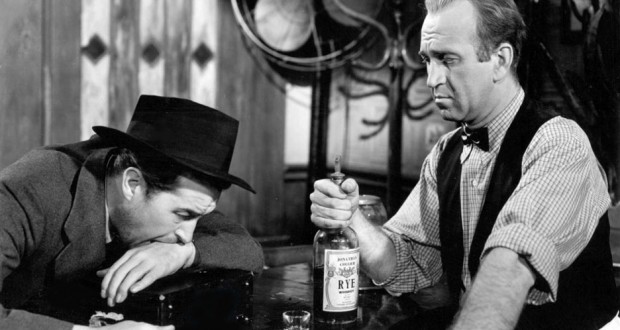
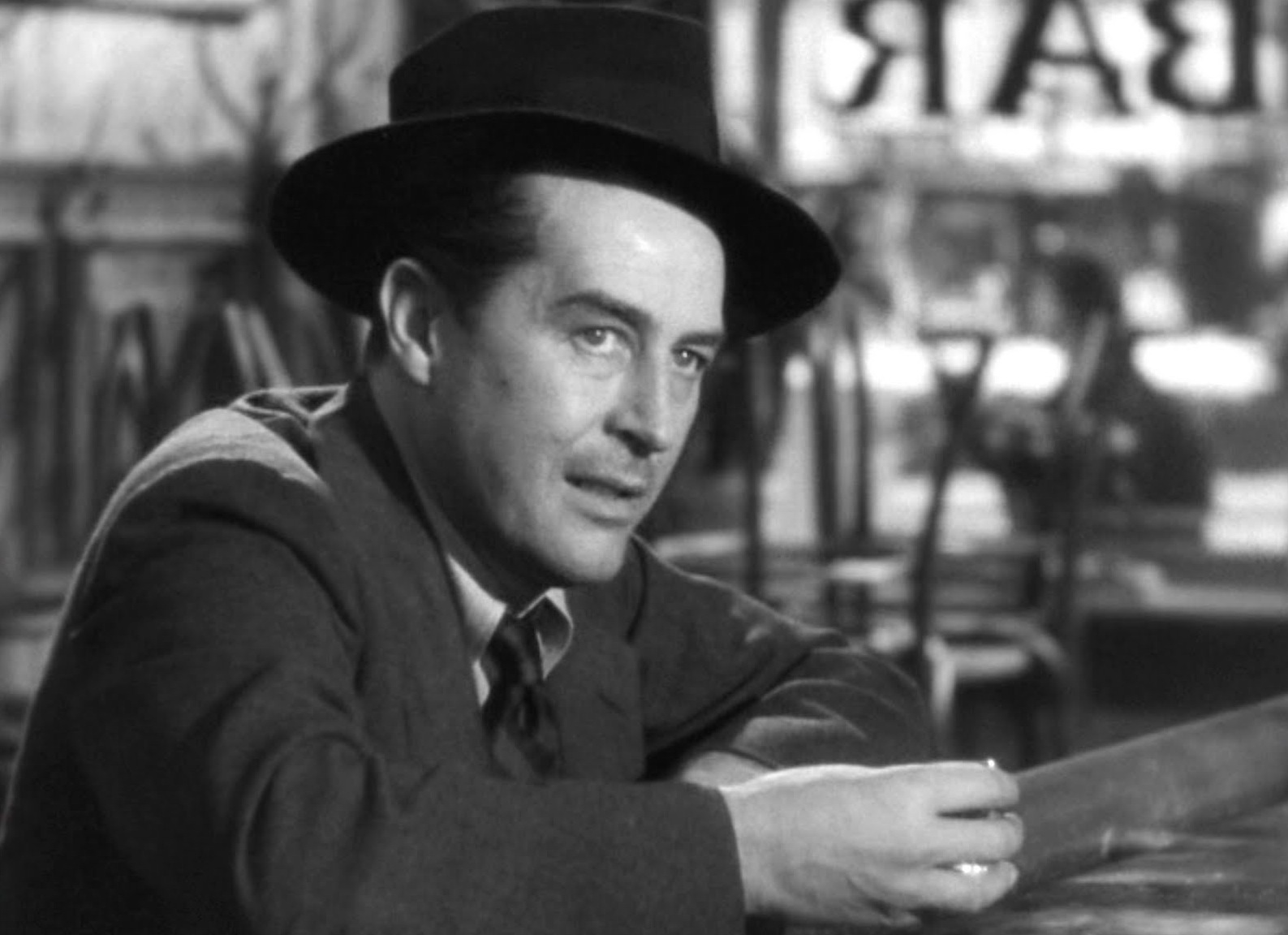




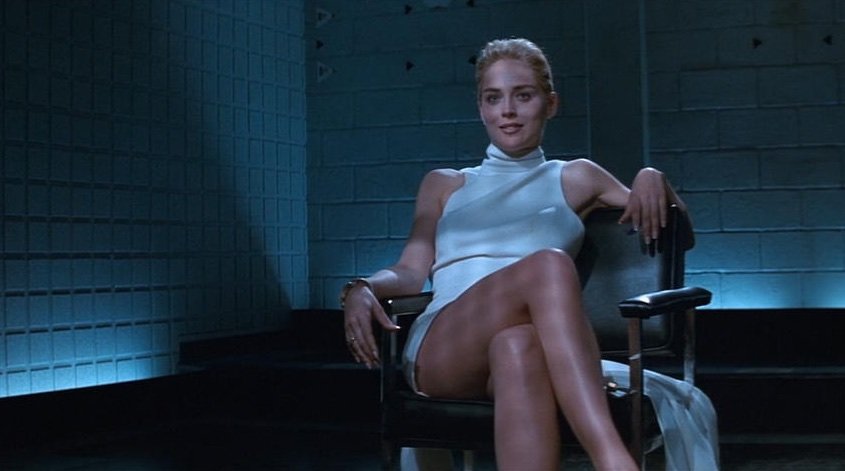


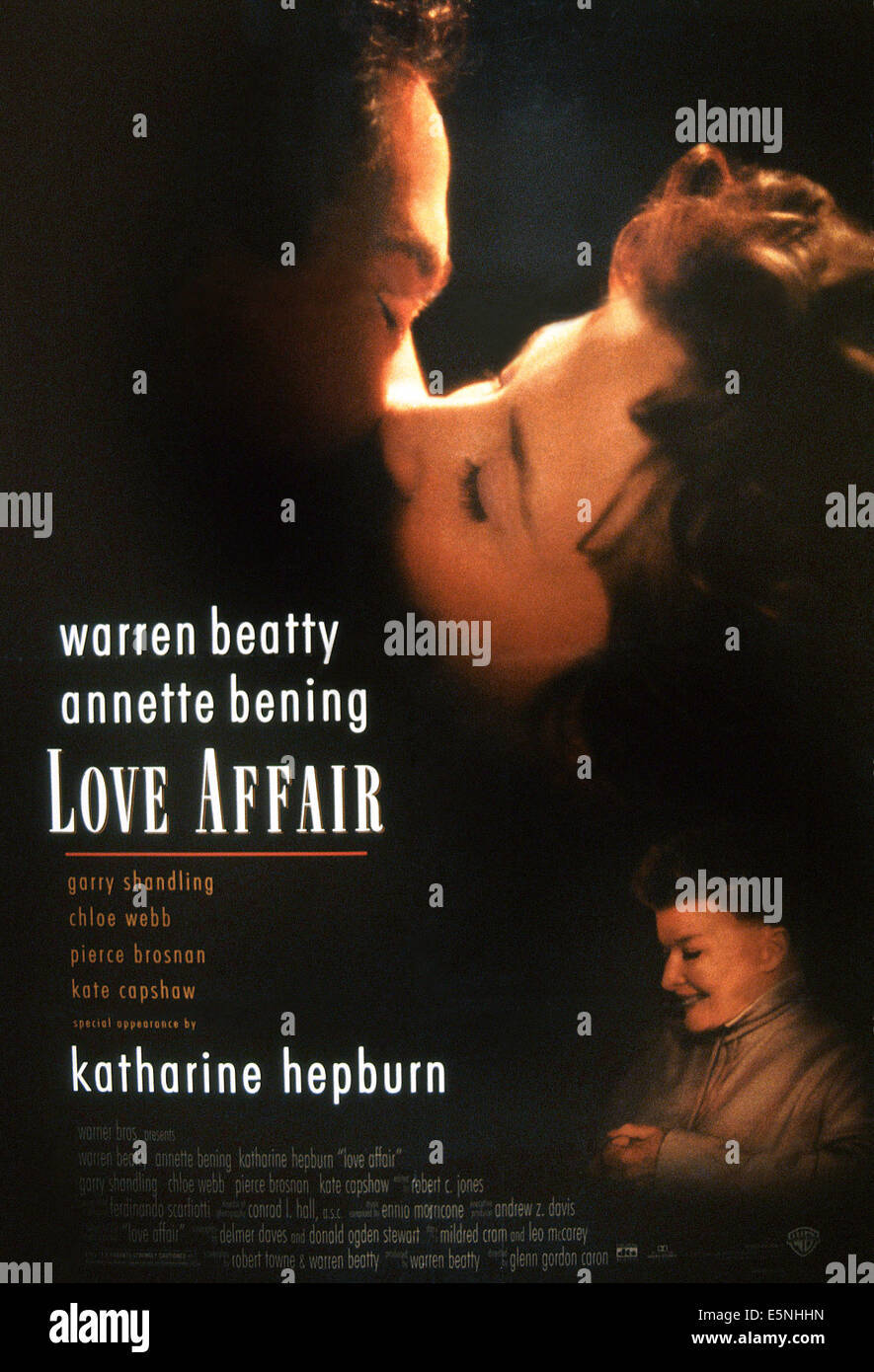








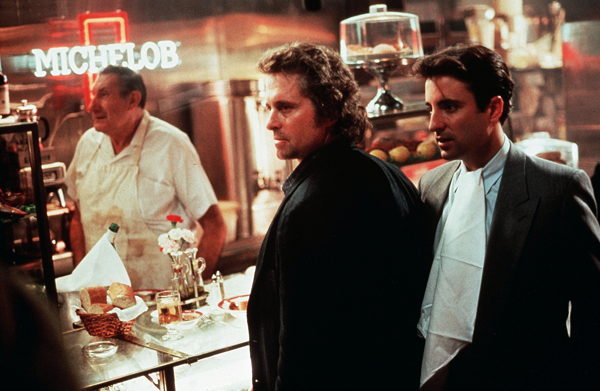


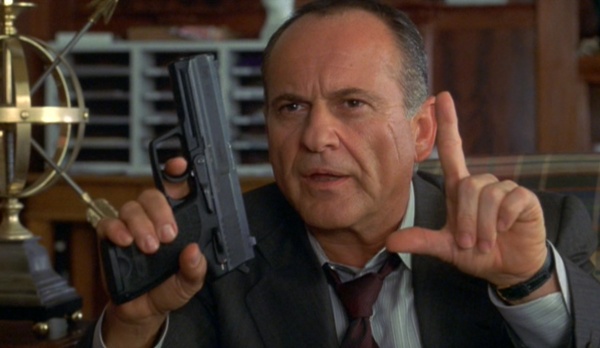
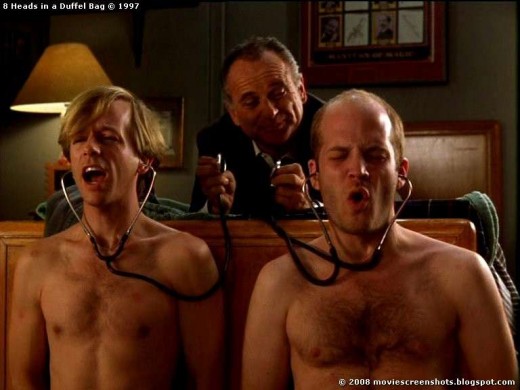

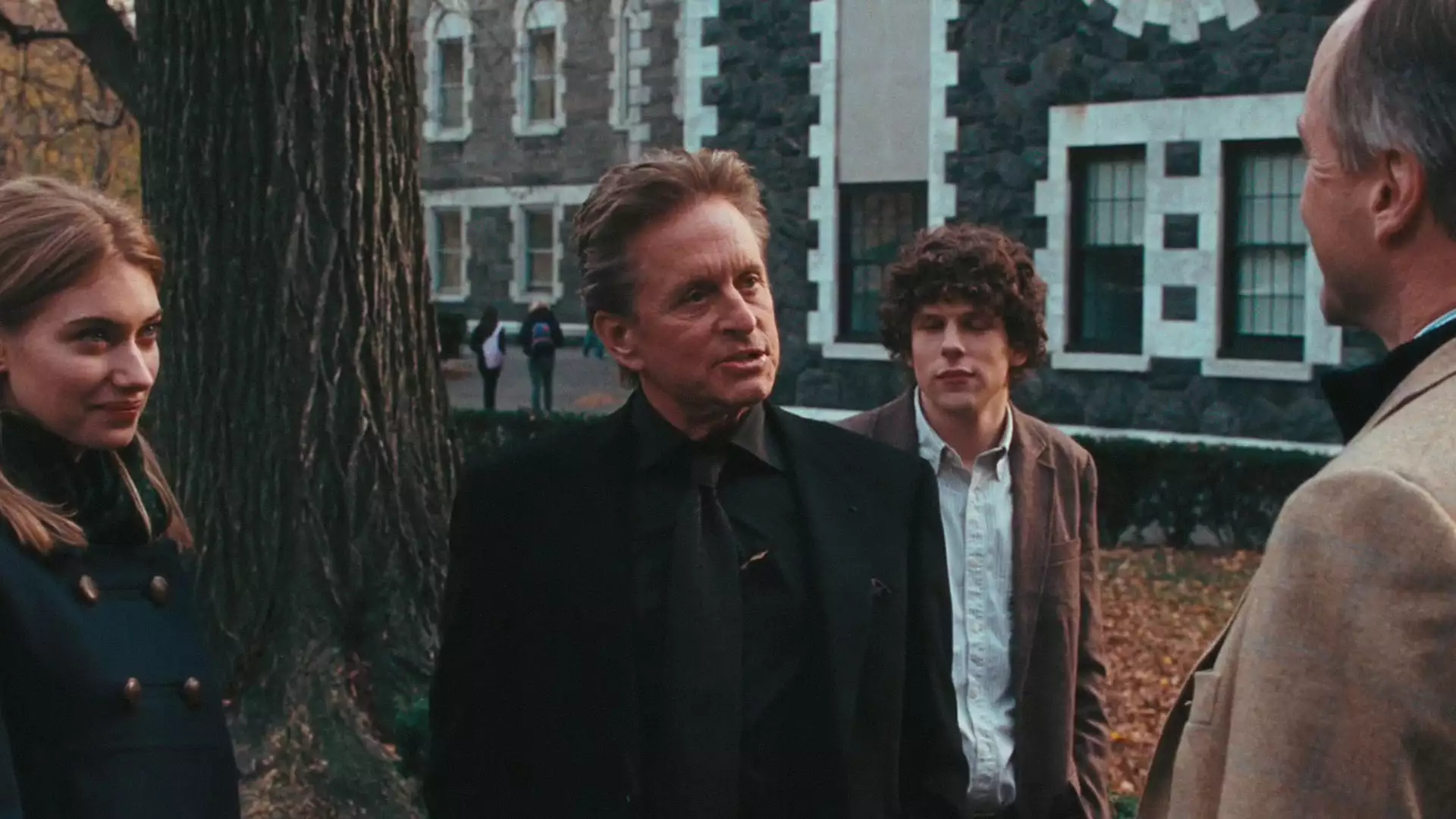
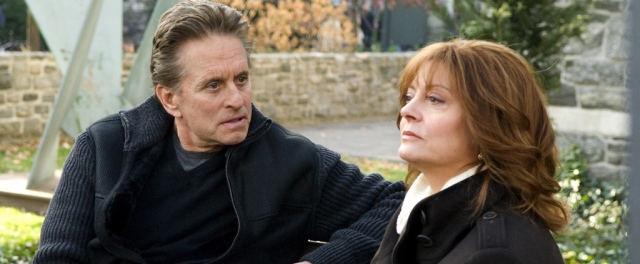







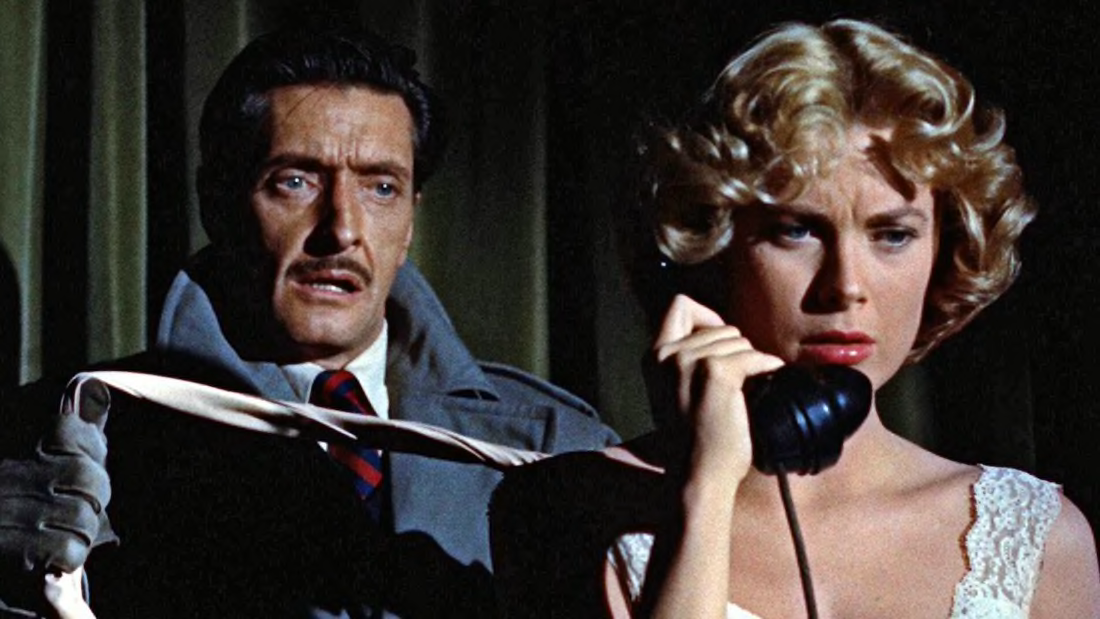
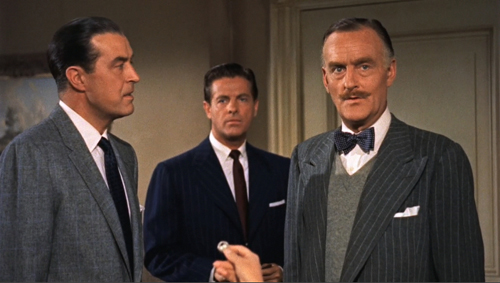







/https://www.thestar.com/content/dam/thestar/entertainment/movies/opinion/2018/08/09/critics-be-damned-robin-williams-death-to-smoochy-is-a-dark-delight/deathtosmoochy.jpg)

